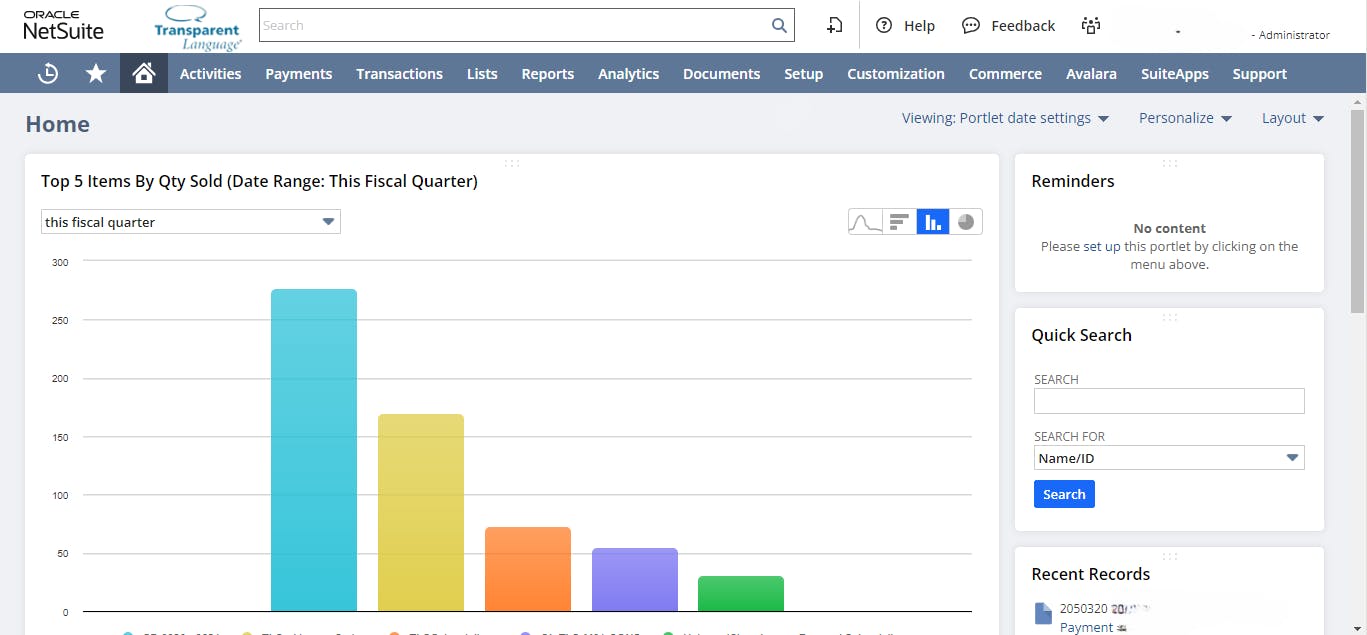
Construction Finance 101 - Understanding the Numbers Behind Your Projects
As a construction professional, you're likely more comfortable with blueprints and heavy machinery than balance sheets and cash flow statements. However, understanding the financial aspects of your projects is crucial to ensuring their success and the long-term viability of your business. In this post, we'll break down the essential concepts of construction finance, helping you navigate the numbers behind your projects with confidence.

The Importance of Financial Management in Construction
Effective financial management is the foundation of any successful construction project. It allows you to:
- Accurately estimate project costs
- Secure necessary funding
- Monitor and control expenses
- Ensure timely payments to subcontractors and suppliers
- Maximize profitability
Without a solid grasp of construction finance, you risk cost overruns, cash flow issues, and even project failures.
Key Financial Concepts in Construction
1. Job Costing
Job costing is the process of tracking and allocating costs to specific projects. This includes direct costs (materials, labor, and equipment) and indirect costs (overhead expenses like office rent and utilities). By accurately tracking costs, you can identify areas of overspending, make informed decisions, and improve your bidding process for future projects.
Read more about ways consutruction businesses can boost profit.
2. Budgeting and Forecasting
Creating a comprehensive budget is essential for any construction project. Your budget should include all estimated costs, as well as a contingency fund for unexpected expenses. Regularly comparing actual costs to your budget allows you to identify variances and make necessary adjustments.
Forecasting involves projecting future financial performance based on historical data and current market conditions. This helps you make strategic decisions, such as whether to pursue new projects or invest in equipment.
3. Cash Flow Management
Cash flow is the lifeblood of any construction business. It represents the money coming in from clients and going out to cover expenses. Effective cash flow management ensures you have sufficient funds to cover costs and maintain operations throughout the project lifecycle.
To manage cash flow, consider:
- Negotiating favorable payment terms with clients
- Implementing a clear invoicing and collections process
- Using tools like progress billings and retainage to maintain a steady cash inflow
- Carefully managing accounts payable to avoid late payments and penalties
Read more about managing Cash Flow for Construction Businesses.
4. Financial Statements
Three key financial statements provide valuable insights into your construction business's financial health:
- Balance Sheet: Provides a snapshot of your assets, liabilities, and equity at a specific point in time.
- Income Statement: Shows your revenue, expenses, and net profit or loss over a given period.
- Cash Flow Statement: Tracks the inflow and outflow of cash from operating, investing, and financing activities.
Regularly reviewing these statements helps you assess your financial performance, identify trends, and make informed decisions.
Securing Funding for Construction Projects
Obtaining the necessary funding is critical to the success of any construction project. Common funding sources include:
- Bank loans
- Lines of credit
- Investor financing
- Surety bonds
To secure funding, you'll need to present a strong business case, including detailed financial projections and a solid track record of successful projects. Building relationships with lenders and investors can also improve your chances of securing favorable terms.
Real-World Example: The Importance of Cash Flow Management
Imagine you're managing a $5 million commercial construction project. You've carefully budgeted for all expenses, but you discover that your client is consistently late with payments. As a result, you're struggling to pay your subcontractors and suppliers on time.
This is a classic example of how poor cash flow management can derail a project. To mitigate this risk, you could:
- Negotiate more favorable payment terms with your client, such as requiring a larger upfront deposit or more frequent progress payments
- Establish a line of credit to cover short-term cash needs
- Implement a stricter collections process to ensure timely payments
By proactively managing your cash flow, you can avoid costly delays and keep your project on track.
Conclusion
Understanding construction finance is essential for the success of your projects and the long-term health of your business. By mastering key concepts like job costing, budgeting, cash flow management, and financial statements, you can make informed decisions, secure necessary funding, and maximize your profitability.
Remember, just as a solid foundation is crucial for a building, a strong financial foundation is vital for your construction business. Invest the time to understand the numbers behind your projects, and you'll be well-equipped to navigate the complex world of construction finance.